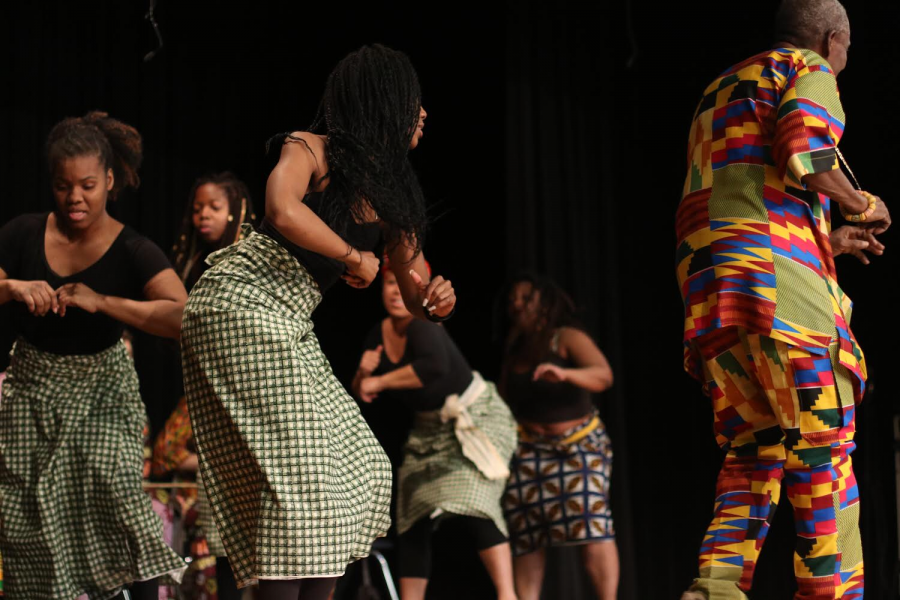Opinion: Black History Month is important
I was 13 when I first downloaded Twitter. My mother never let me have any social media platforms other than Instagram, so I was definitely excited to jump into the depths of this new app. I had downloaded it right in the middle of February, and I had been anticipating the many tweets appreciating Black History month. Instead, I was faced with ardent racists and arrogant Americans tweeting, “where is white history month?” and “white history month is necessary.”
I was fuming. I mean, how could people even say these things? The only African-Americans who received appreciation on Twitter that day were Martin Luther King and Rosa Parks. Don’t get me wrong, they were pioneers who greatly impacted the Civil Rights Movement, but the tweets I read portrayed all Americans as ignorant people who failed to recognize the historical impact many other African-Americans had during the Civil Rights Movement.
When I reflect on that moment now, I realize that those Twitter users represented the ignorance of some Americans in this country. I’m not sure if it was the area I grew up in, but African American history wasn’t even taught until middle school. As a seventh-grader, I was given King’s speech as an inspirational assignment without historical context. My teacher at the time said King gave the speech to “fight for what he wanted,” but what was that? What exactly did he want? I felt as though my teacher’s ambiguity was there for two reasons: he thought we already knew of King or he didn’t want to be the one to teach us about it.
Originating in 1926, “Negro History Week” was created by Carter G. Woodson, an eminent American historian. He encouraged scholars to engage in the intensive study of the black past, a subject that had long been sorely neglected by U.S. schools. Less than 20 years later, African-Americans transformed February into “Black History Month” to commemorate both Frederick Douglass and Abraham Lincoln, two prominent figures who played an impactful role in African-American history.
Nowadays, even though the week has been transformed into a month of commemoration, schools all around the country still fail to fully acknowledge and cherish this past. Even at Hebron, the most discussion I have heard over Black History Month is through the daily announcements that last a mere 30 seconds. Is it because some of the details may be too gruesome for students to learn about? It happened, and history is history, right?
Elementary and middle school students are fed Rosa Parks and Harriet Tubman stories, but are they learning it for the right reasons? Are they learning it from the right people? According to Christopher Martell, a journalist for the American Educational Research Association, social studies is taught primarily by white, male teachers, educating students from a white man’s perspective. Though schools fail to properly teach black history, it is also the responsibility of all people to learn and accept all aspects of this history to sufficiently recognize and honor Black History Month.
The month of February is dedicated to the overlooked history of African Americans in America. I’ve heard too many people either point out the irony that it’s the shortest month of the year or the fact that there isn’t a white history month, too. However, it’s important that we make the most out of this month to appreciate and recognize black history.

Junior Leila Olukoga is a reporter and this is her second year on staff. In her free time she enjoys playing with her cats, watching the 76ers and listening...



